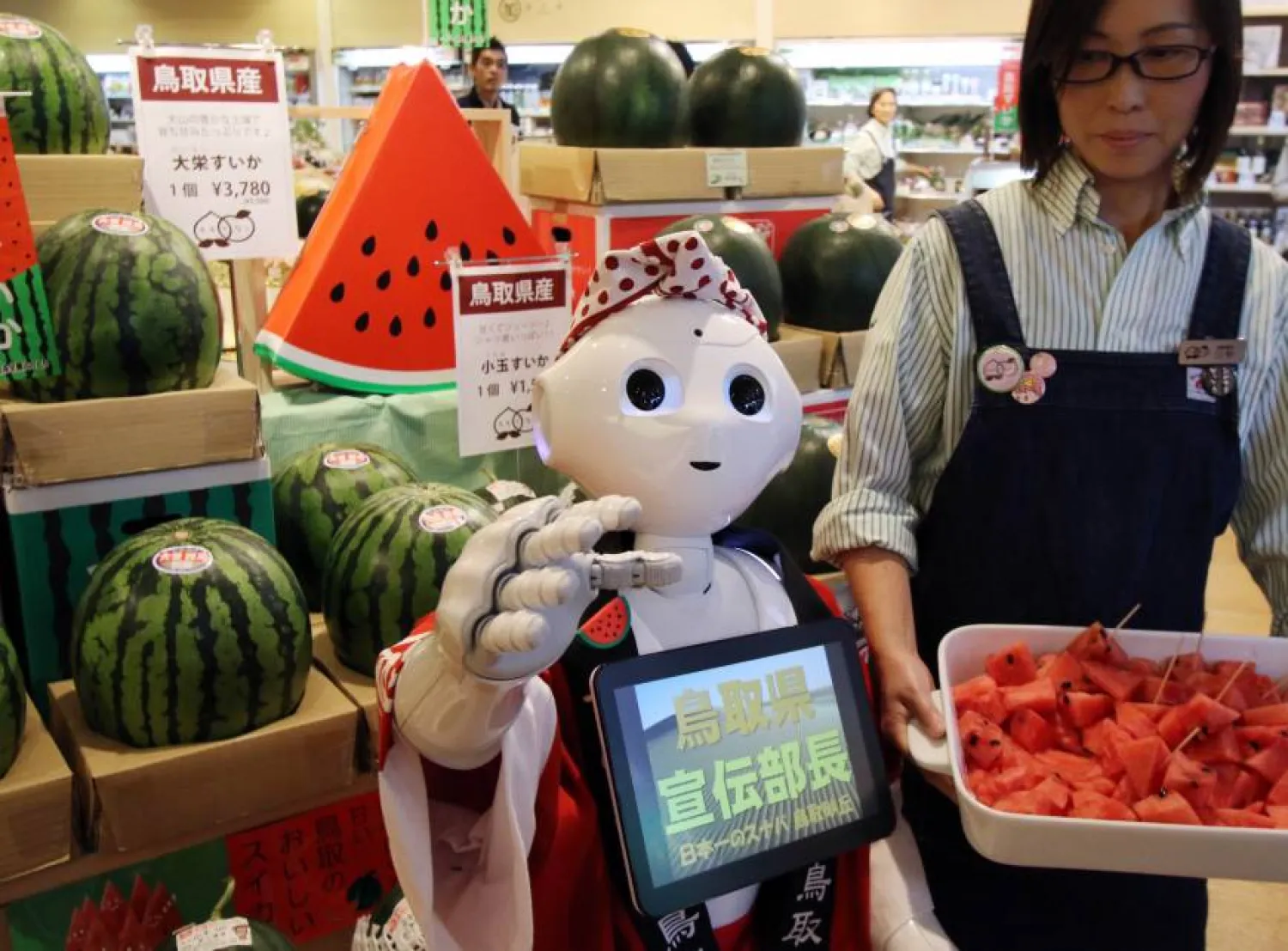A British report showed that robots could take over one in five jobs in British cities by 2030. Retail, customer service and warehouse jobs are most at threat from automation. According to the Daily Mail Newspaper, struggling cities in the North and Midlands were more exposed to job losses than wealthier cities in the South, which will widen the gap between the North and the South.
Cities including Mansfield, Sunderland and Wakefield could see two out of five jobs lost, while Oxford and Cambridge face losing 13 percent. The report found that the changes would lead to jobs being created as well as lost, but in Northern and Midlands' cities they would largely be in low-skilled occupations.
It also said that up to one in 10 jobs are in occupations predicted to grow, while new industries would bring positions which do not currently exist.
Andrew Carter, chief executive of Center for Cities, said: “Automation and globalization will bring huge opportunities to increase prosperity and jobs, but there is also a real risk that many people and places will lose out.
National and local leaders need to ensure that people in cities across the North and Midlands can share in the benefits these changes could offer. That means reforming the education system to give young people the cognitive and interpersonal skills they need to thrive in the future, and improving school standards, especially in places where jobs are most at risk.”
Carter added: “We also need greater investment in lifelong learning and technical education to help adults adapt to the changing labor market, and better retraining for people who lose their jobs because of these changes.
The challenges and opportunities ahead for Blackburn are very different to those for Brighton, and therefore, the Government needs to give cities more powers and resources to tackle the issues that automation and globalization will present, and to make the most of the benefits they will bring.”
A report by the World Economic Forum has revealed that more than five million jobs will fade, disappear, and evaporate by 2020, due to the huge technological development in the world.
The forum says robotics will replace humans in these five million jobs in just three years from now, which will lead to a rise in unemployment rates and the number of unemployed people. The jobs threatened by robots are only low-skilled jobs that don’t require much intelligence, creativity, and innovation, and that can be commissioned to robots.
According to estimates, the world's technology revolution and the phenomenal evolution of artificial intelligence have made it possible to give a robot many complex tasks that it could never have done before.
A previous report by the United Nations Conference on Trade and Development (UNCTAD) warned from the impact of the "robot" recovery on high-skilled jobs in developing countries, and the need of cheap labor. The report said it’s possible to replace the third of all jobs in the developing world by relying on automated systems that have become more widespread in automobile and electronics manufacturing.”
With the remarkable advances in artificial intelligence, there is growing concern that robots may expose humans to threats or risks. According to Professor Stuart Russell, professor of Computer Science University of California, Berkeley, “the solution to avoid this potential risk is to turn human values into a programmable code.”
During an interview with the California Report News, Russell said: “The moral philosophy will form an important industrial sector in the near future. Today, robots are doing complex tasks that we could not imagine anyone else doing. Therefore, we have to think seriously about translating our values and ethics into an artificial intelligence language that we can teach to those smart machines."
In this regard, experts at the "McKinsey" agency for market research say that between 400 and 800 million employees around the world may be forced to look for an alternative job, due to the reliance on robots in the productive, industrial and commercial sectors.
Furthermore, 2015 saw a 15 percent rise in the sales of industrial robots over the previous year. The biggest share of sales went to China accounting for 27 percent, followed by EU countries with about 20 percent. Overall, we notice that 75 percent of the total sales of industrial robots in 2015 went to five countries: China, South Korea, Japan, the United States and Germany, according to the latest International Federation of Robotics’ report of 2016.
This raises many questions on the future of labor markets and jobs, and how to counteract the implications of the proliferation of robots and smart automation, and its consequences on the technological unemployment, which results from the intensive use of technology in communities.









